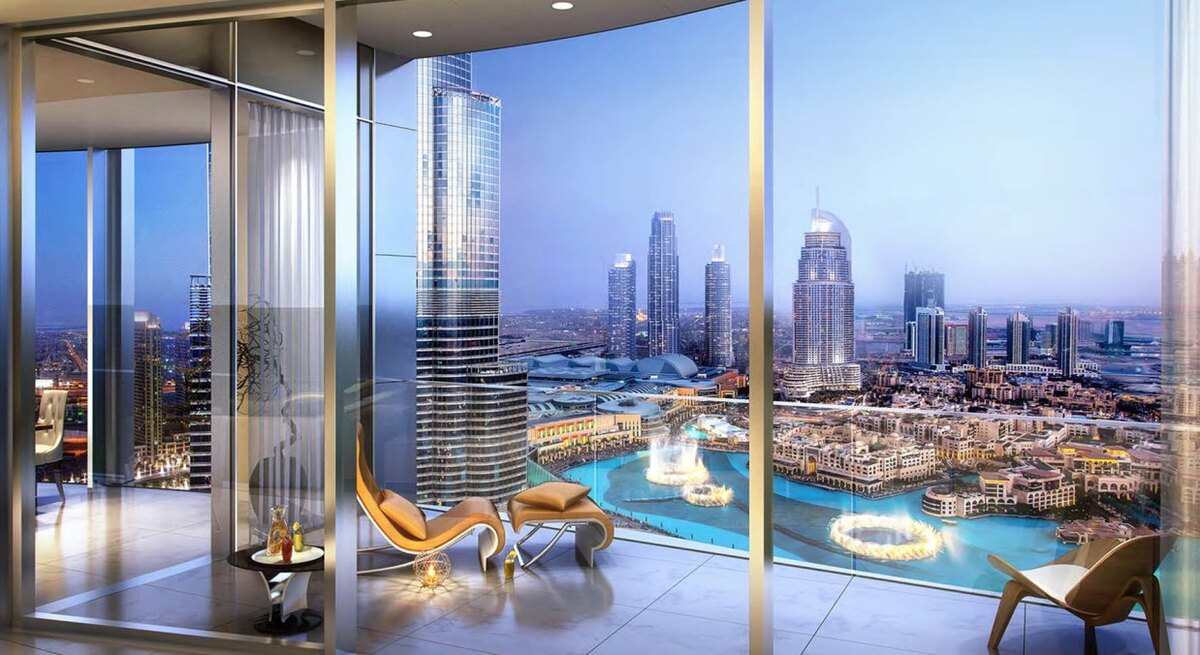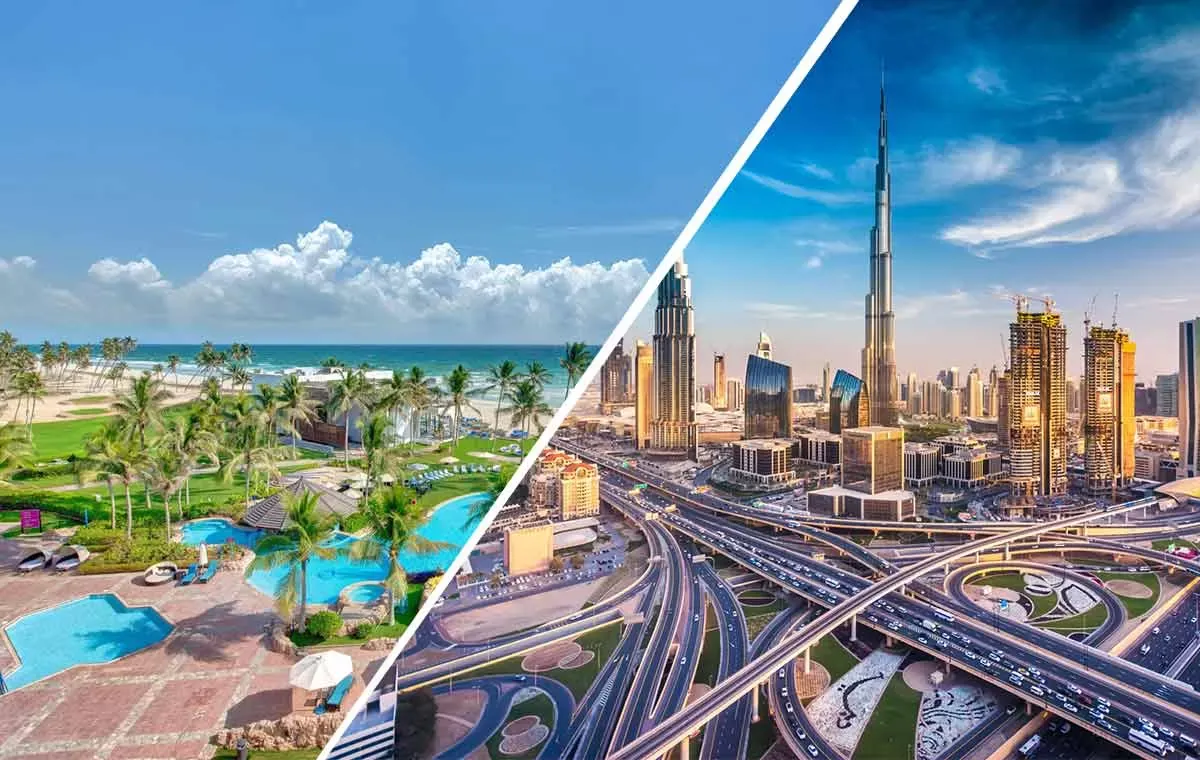The United Arab Emirates is a powerful magnet for foreigners. Every year, up to 140,000 expats arrive in a country with a population of around 10 million. The primary draw is the commendable quality of life in the UAE.
The country’s appeal to non-residents is defined by its safety, openness to newcomers, and favorable conditions for business and freelancing activities. In 2023, the UAE ranked fourth in the popularity rating of countries for permanent relocation. Why is this the case? You will learn more from this publication, which should not be considered legal advice.
Economy in the UAE
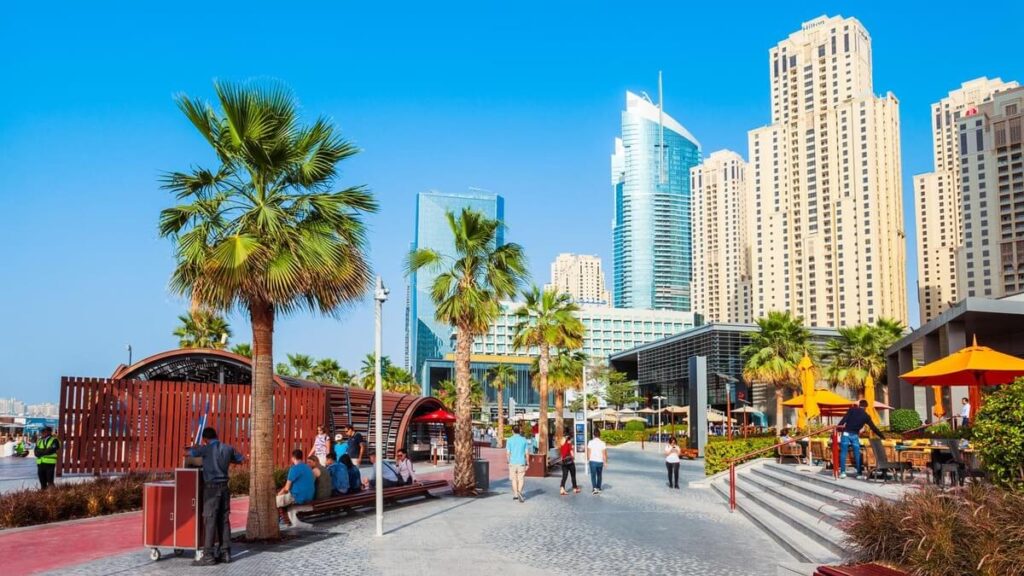
In 2022, the UAE’s economy grew by 4.2%, compared to a global rate of 3.6%. The ambitious leaders of the UAE aim to make the country the best in the world by 2071. This goal is the focus of the UAE Centennial 2071 program, established in 2017. It aims to create a diversified, stable economy and a cohesive society.
The UAE’s economy is supported by the following:
- Energy — the UAE has vast oil and gas reserves.
- Tourism — visitors worldwide come to see Dubai and Abu Dhabi.
- Real Estate — purchasing an apartment for $204,000 or $544,500 grants the right to a two-year residency or a five-year golden visa, respectively.
- IT Technologies — this sector employs top specialists from around the world.
The quality of life in the UAE is so high that the country has become a magnet for the best minds, professionals, and talents. The government strives to provide them with the best prospects for professional growth and excellent living conditions in a stable environment with modern infrastructure. The creation of free economic zones contributes to this.
Taxes and Mandatory Contributions in the UAE
The UAE’s tax system is not based on direct tax contributions from individuals and legal entities but on indirect taxes. Duties and fees are the primary sources of budget revenue. The new corporate tax, introduced on June 1, 2023, has complicated the lives of companies, but it is lower than in other countries.
Taxes for legal entities include the following:
- A corporate tax of 9% on income for companies with an annual turnover exceeding $100,000.
- An annual fee for renewing a business license.
- VAT — 5% on selling services and goods within the UAE’s customs territory, 0% for trade in free economic zones.
Individuals in the UAE do not pay income tax and social fund contributions.
Cost of Living in the UAE
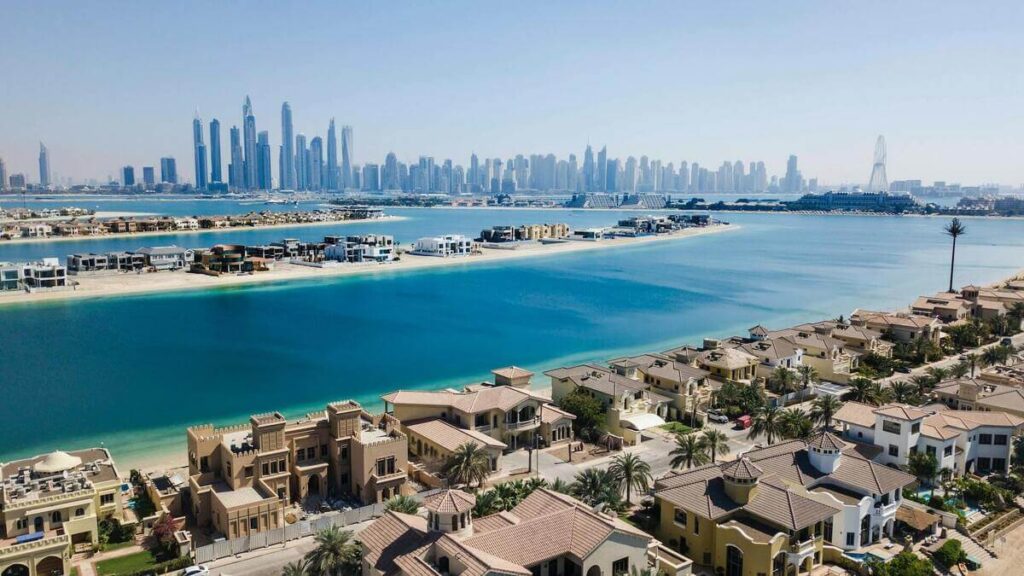
The standard of living in the Emirates is high everywhere, and its cost depends on the region. In Dubai supermarkets, food is 15% more expensive than in the Russian capital, although cheaper than in Europe’s largest cities and the USA. On average, a person in Dubai needs $950-1000 monthly living expenses, excluding housing costs.
Up to 42% of the family budget goes towards paying for an apartment, house, and utility services. In Dubai, according to the most significant investment company, CBRE, the rent for an apartment starts at $900 per month and for a house — from $2200. Landlords usually require rent payment 6-12 months in advance.
Utility services are paid according to meter readings. Monthly expenses include the following:
- Internet — $100, $270 with a cable TV package.
- Maintenance of an 85 sq. m apartment — $176 (according to Numbeo), which includes electricity, gas, water, heating, air conditioning, and garbage collection.
- Payment for cleaners and domestic helpers — $700-800.
Significant expenses in the UAE revolve around childcare and education. Foreigners pay for schooling in both public and private schools. Private English-speaking preschools or schools average around $7,000 to $12,000 per child, while in Dubai, it ranges from $8,000 to $26,000. Parents must be residents and work in the UAE for their children to attend.
The cost of 1 liter of gasoline is around 80-90 cents. A single trip on public transportation ranges from $0.9 to $4. Entertainment costs are considerable, with ticket prices to cultural establishments as follows:
- Waterpark — from $50.
- Museum — from $1.4.
- Amusement park — from $80.
- Excursion to neighboring emirates with a visit to one historical or cultural site — from $60.
The average salary in the UAE is around $2,000. A family of 3-4 people can live comfortably on $1,500 monthly. However, life in Dubai is more expensive, so you should have at least $700 to $1,200 monthly for one family member.
Cultural Features in the UAE
The official language in the UAE is Arabic. However, for every resident, there are nine foreigners. In Dubai, people of various nationalities live comfortably without speaking Arabic.
The average life expectancy is 78 years. Investments in healthcare, creating a comfortable environment, and low crime rates contribute to this longevity.
The UAE has a relatively liberal domestic policy. The influence of Islam is less pronounced than in other countries in the region. However, public displays of affection are prohibited here.
Women can drive, work, receive inheritance, and vote in elections. However, they can only marry with the consent of a male guardian. The UAE ranks second in gender equality in the MENA region (Middle East and North Africa).
Medicine and Education
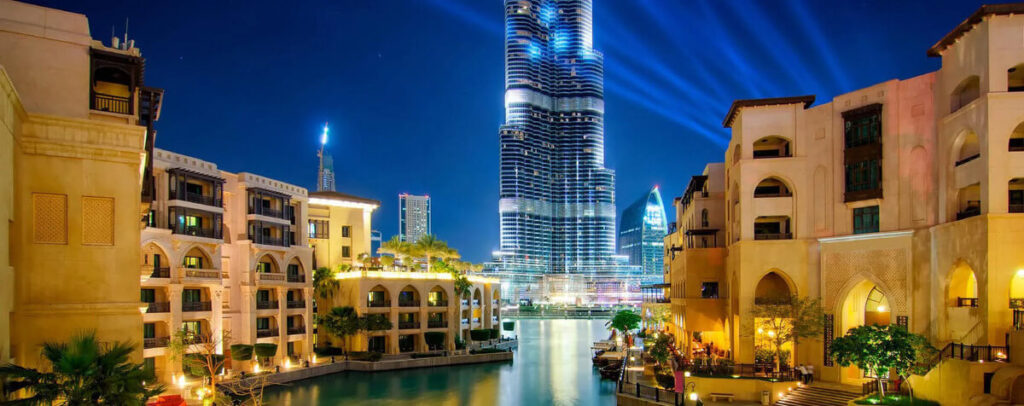
The modern clinics in the UAE are renowned for their highly skilled doctors and excellent technological facilities. Just 60 years ago, rice was considered the primary medicine in the country, and the average life expectancy was 37 years.
The high level of development in the national healthcare system has made the UAE a hub for international medical tourism. However, all medical services in the country are paid, except for emergency care. Residents are required to have medical insurance.
Education in the United Arab Emirates comprises several stages:
- Preschool.
- Fundamental Schooling (1st and 2nd stages).
- Secondary.
- Higher education.
The UAE ranks among the top 20 countries with the best education systems. Students in higher education institutions acquire prestigious specialties and degrees that are highly regarded in the business world. Education is conducted in either English or Arabic.
Pros and Cons of Moving to the UAE
Among the pros it’s worth mentioning the high salaries and living standards, safety, and the possibility of living in the country knowing only English. Purchasing property grants residency for 2 or 5 years. Low taxes are suitable for both new and established companies. Direct flight connections link UAE cities to the whole world.
The cons include the hot climate, with summer temperatures exceeding 40°C, and high rental costs for housing, paid education, and healthcare. Many expatriates find Sharia law regulations bothersome. Homosexuality and childbirth outside of marriage are criminally punishable.
Foreigners rarely obtain UAE citizenship. For a woman to acquire it, she needs to marry a citizen of the country. A man may receive citizenship from the authorities for significant contributions to the state.
How to Move to the UAE?
The country’s population is growing due to foreigners choosing it as their permanent residence. Experienced specialists from Dynasty Business Adviser can help make the relocation process faster, more comfortable, and advantageous for you. Feel free to reach out; we’ll be happy to assist.


